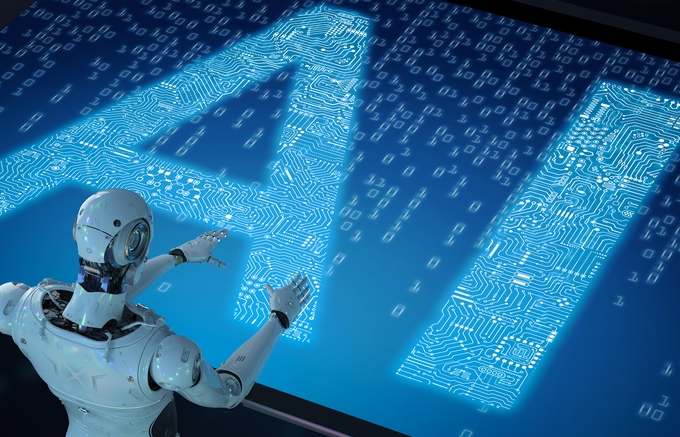Artificial Intelligence and Robotics: The Future Is Now
In a world where technology continues to advance at an astonishing pace, artificial intelligence (AI) and robotics are paving the way for innovation and efficiency across various sectors. From healthcare to manufacturing and beyond, these two fields are not just reshaping industries but also enhancing our daily lives. Understanding their implications can empower individuals and businesses to make informed decisions and adapt to change.
The Symbiosis of AI and Robotics
Artificial intelligence and robotics work hand-in-hand, creating systems that can learn from their environments and adapt to new tasks. While robots are traditionally designed to perform specific physical tasks, AI enables them to process information and make decisions on the fly. For instance, in factories, AI-powered robots can monitor production lines, identify defects, and autonomously optimize workflows. This integration not only improves efficiency but also reduces human error and operational costs. As these technologies evolve, their cooperative potential is limitless, promising increased productivity and innovation.
Applications Transforming Industries
AI and robotics have found crucial applications in various industries that significantly enhance operational capabilities. In healthcare, robotic surgery systems paired with AI can analyze data from past surgeries to assist surgeons in real-time, leading to more precise operations and quicker recovery times for patients. Meanwhile, in agriculture, AI-driven drones are revolutionizing farming by monitoring crop health, optimizing irrigation, and even predicting weather patterns, which allows farmers to make better decisions and increase yield. These examples illustrate just how transformative these technologies can be, impacting not just businesses but entire sectors.
Ethical Considerations and the Future
As AI and robotics become more ubiquitous, ethical considerations surrounding their use emerge increasingly. Questions related to job displacement, privacy concerns, and accountability in autonomous decision-making are essential to address. It is vital for policymakers, industry leaders, and the general public to engage in conversations about these issues to create a balanced approach to innovation. By fostering a collaborative environment where ethics guide technological advancement, society can harness the benefits of AI and robotics while mitigating potential risks. The future lies in our ability to navigate these challenges together.
In conclusion, the rise of artificial intelligence and robotics is transforming our world in ways we are only beginning to grasp. Understanding their implications, applications, and associated ethical considerations will help us navigate this exciting landscape. To stay informed and engaged, consider exploring more resources, attending related workshops, or following experts in the field. Together, we can shape a future where technology enhances our lives for the better.

